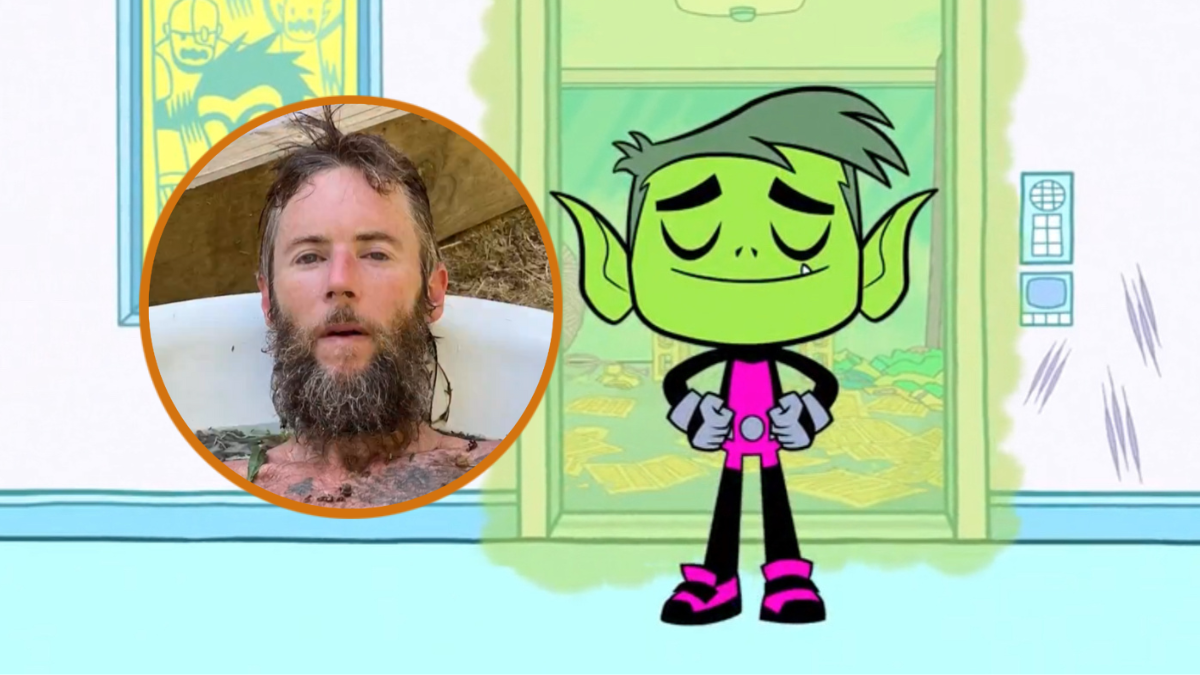The world of television may have been severely disrupted over the past year due to industry-wide strikes, but the 75th Primetime Emmy Awards were as eventful as ever. Originally intended to take place in September 2023, the awards show was delayed into the new year due to the strikes of the Writers Guild of America and Screen Actors’ Guild from May to November 2023.
Now that the industry is back to work as (somewhat) usual, the biggest stars of the small screen are celebrating the very best of the ever-expanding world of television, with Television Academy members casting their votes for the best of the mid-2022-2023 season. During last night’s ceremony, records were smashed left and right – some positive, some negative, and some mixed, shining light on the more problematic aspects of the continuously changing world of TV.
Quinta Brunson’s historic — and deeply troubling — win for Abbott Elementary

Quinta Brunson made history at the 75th Primetime Emmy Awards when she won the Outstanding Lead Actress in a Comedy Series award for her role as Janine Teagues in Abbott Elementary, on which Brunson also serves as creator and showrunner. In the three-quarters of a century the Emmys have been running, Quinta is only the second Black woman to win the award.
Previously, the last — and only — time a Black woman has won the award was back in 1981, when Isabel Sanford won for The Jeffersons. For scale, that’s a 43-year gap occurring eight years before Brunson was born.
While Quinta’s success is certainly something to celebrate, the record only highlights a glaring omission of black talent from TV’s highest honor. Given that The Jeffersons broke ground as one of the first major sitcoms to feature a black family, as well as its influence on future TV juggernauts like The Cosby Show and The Fresh Prince of Bel-Air (in which several Jeffersons characters featured), the disparity between cultural impact and accolades for many black-led sitcoms is as apparent as ever.
The Bear‘s early success at The Emmys
The first season of The Bear, which began airing back in June 2022, was finally eligible for the latest Emmy Awards in January 2024. As expected by the series consistently cleaning up at the 2023 and 2024 Golden Globe Awards, The Bear proved to be a recipe for success at The Emmys, winning ten of the thirteen awards it was nominated for.
The Bear broke a record held by political drama The West Wing since the year 2000, which won nine Emmys in its first season. Given that The Bear season 2 won Best Actress, Best Actor, and Best Comedy Series at the Globes just days prior, this success will most likely continue to the 76th Emmy Awards, set to take place in September 2024.
Better Call Saul broke the record no one wants to break

Better Call Saul is widely regarded by fans of Breaking Bad as the equal or even superior series to the original show it serves as a prequel to. At the Emmys, however, the Saul Goodman origin saga received little of the same love the initial AMC series did.
Better Call Saul ended in mid-2022, with the latter half of season six eligible for this year’s awards ceremony. However, it failed to clinch any trophies, meaning that the prequel has, astonishingly, never won a single Emmy award out of 53 nominations across its run. In comparison, Breaking Bad won 16 awards out of 58 nominations.
However, if there’s a silver lining to this horrific record, the attention drawn to it through social media and press coverage may encourage new viewers to check out the series, bringing in fans of Breaking Bad or functioning as a standalone series in its own right. Other shows that have never won Emmys, yet are considered some of the greatest ever made, include BoJack Horseman and The Wire, so Better Call Saul sits in some pretty good company.
The Emmys, ironically, fail to keep viewers watching

According to a report by Deadline, TV’s biggest night hit an all-time low in viewership, with just 4.3 million viewers watching the show live – a 27% drop from the previous ceremony. While the Golden Globes boosted their viewership by 50% last week, perhaps the public is currently more interested in awards shows featuring films rather than just television.
There are several possible factors for this – perhaps most likely the change from its usual September slot, getting lost in the noise of other awards shows like the Globes, Grammys, and upcoming Oscars. Other factors cited by Deadline speculate that the Iowa Caucus, competition from the NFL, and its Monday night scheduling.











Published: Jan 16, 2024 06:33 pm